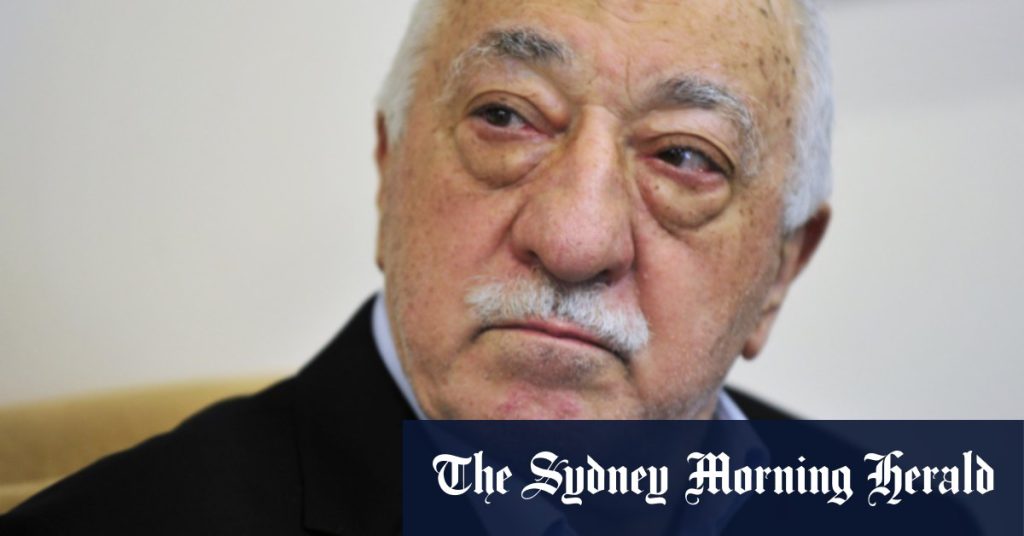Fethullah Gulen is a controversial figure in Turkish politics, accused by many of covertly working towards infiltrating the Turkish government. Initially, Gulen’s followers, known as Gulenists, were valuable partners for Recep Tayyip Erdogan’s Justice and Development Party, angering those who believed the two Islamist groups were collaborating to increase the role of Islam in public life. However, their relationship began to deteriorate in 2013 when Turkish prosecutors investigated government officials close to Erdogan for corruption, leading to a significant split. This rift became irreparable after the 2016 coup attempt where Erdogan blamed Gulen for orchestrating the failed coup, resulting in a vast purge and crackdown.
After the failed coup attempt, Erdogan implemented a state of emergency for two years, detaining thousands of people and removing public employees from their jobs. Furthermore, over 8000 military personnel were prosecuted for their involvement in the rebellion, effectively destroying the Gulenist movement in Turkish society. Despite Erdogan’s accusations, Gulen denied any involvement in the coup and remained secluded in his rural retreat in Pennsylvania. The Turkish government repeatedly tried to have him extradited, accusing him of being an American asset deployed to weaken Turkey, but the United States never agreed to send him back.
Gulen’s early life involved a devotion to studying Islam, leading him to become an important religious figure in the 1970s, with his followers establishing schools and dormitories both in Turkey and abroad. However, the Turkish authorities viewed his religious activities as a threat to official state secularism, prompting Gulen to move to the United States in 1999. Despite his efforts to promote understanding among various faiths, a controversial recording surfaced where he allegedly urged his followers to infiltrate power centres. This led to suspicions that the Gulenists were seeking to take control of the government, ultimately leading to a clash with Erdogan’s regime.
Gulen’s followers in Turkey continued to hold influential positions in media, banking, and law enforcement, supporting Erdogan as he challenged the traditional secular and military elites in the country. However, the relationship soured dramatically after the 2016 coup attempt, with Erdogan purging the Gulenists from public life. Turkish officials vehemently criticized American authorities for refusing to extradite Gulen, equating him to Osama bin Laden in terms of danger to Turkish society. Despite Gulen’s denials and his advocacy for democracy and pluralism, the Turkish government continued its campaign against him and his followers.
The contentious relationship between Fethullah Gulen and Recep Tayyip Erdogan encapsulates the power struggles and ideological conflicts that have defined Turkish politics in recent years. From their initial collaboration to their eventual falling out after the failed coup attempt, the enmity between the two men reflects larger issues of governance, religion, and democracy in the country. The aftermath of the coup saw a massive crackdown on Gulenists, leading to their marginalization in Turkish society, while the debate over Gulen’s involvement in the coup continues to be a source of tension between Turkey and the United States. The legacy of Gulen and his movement remains a contentious issue in Turkey, shaping the country’s political landscape for years to come.













